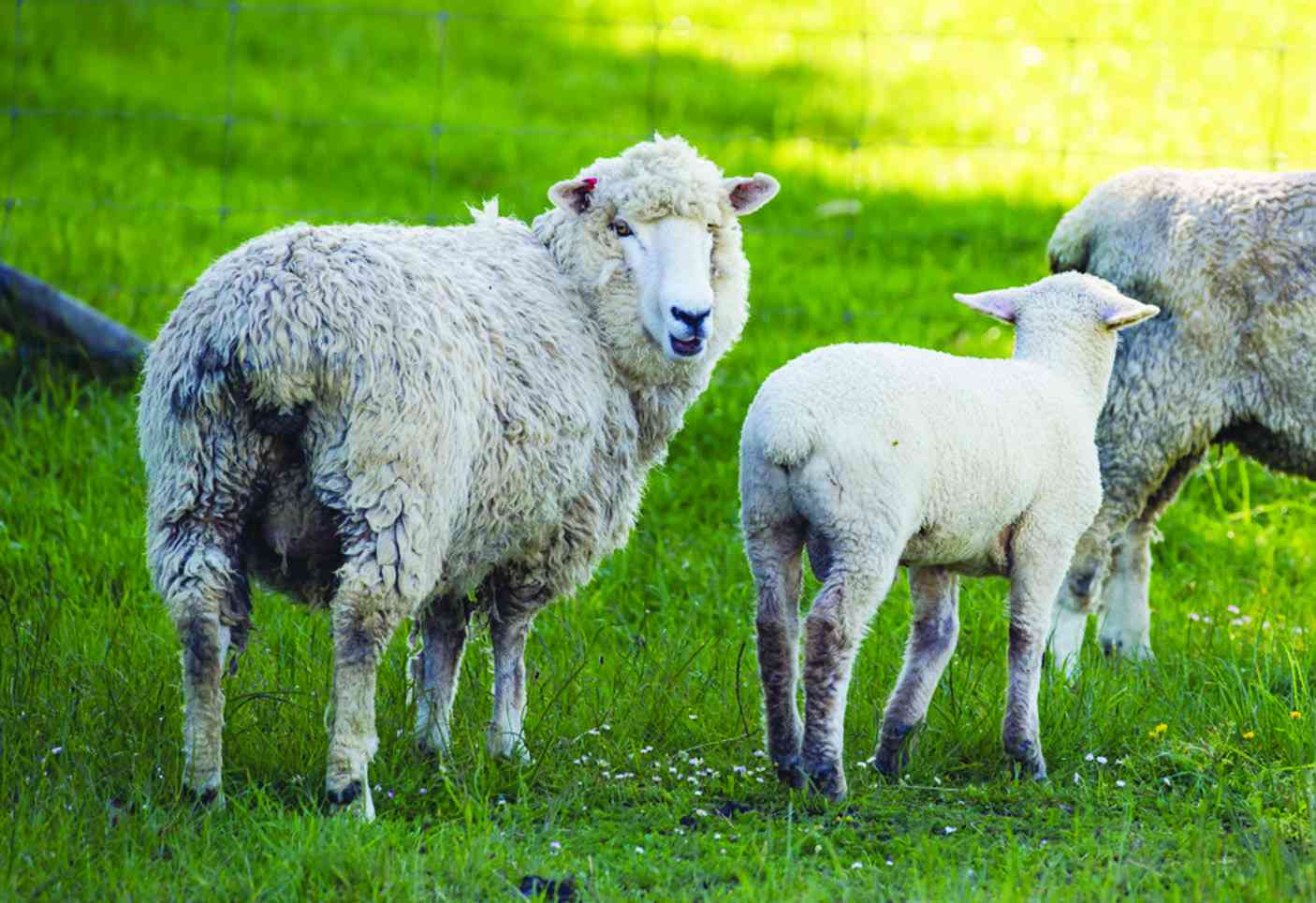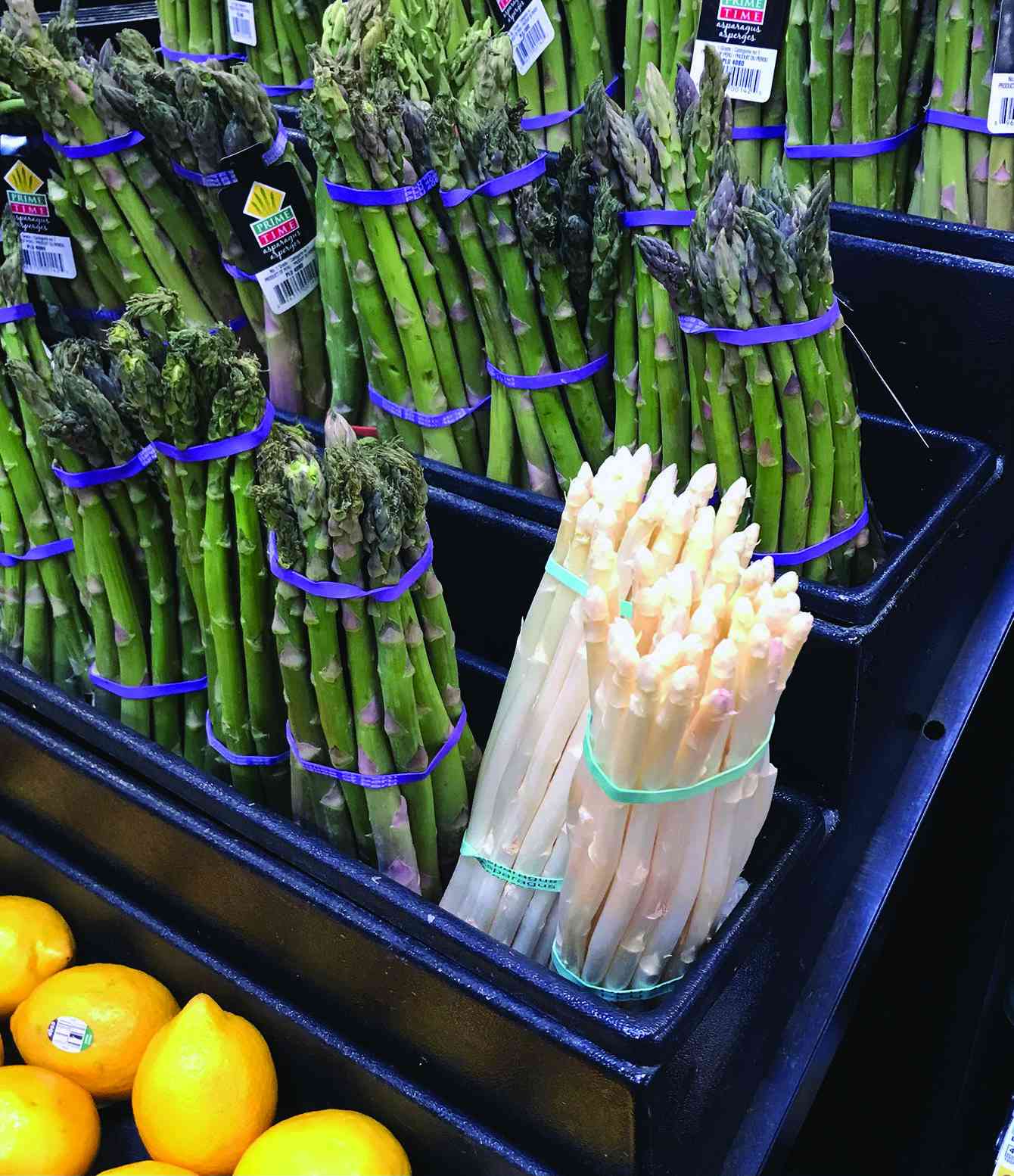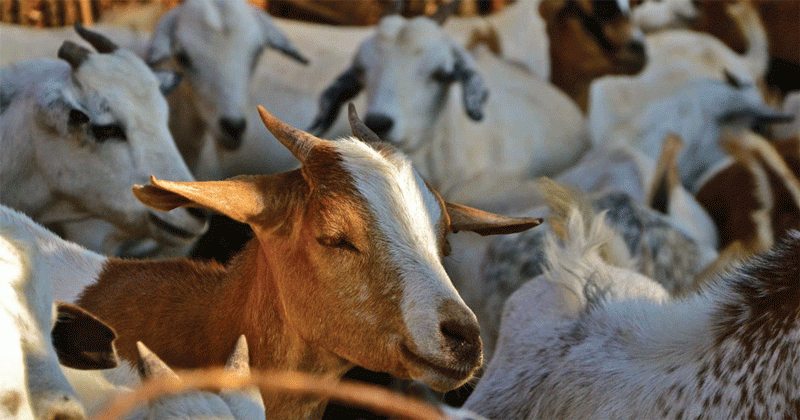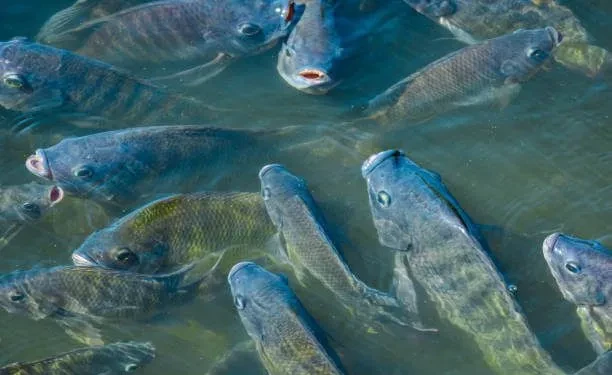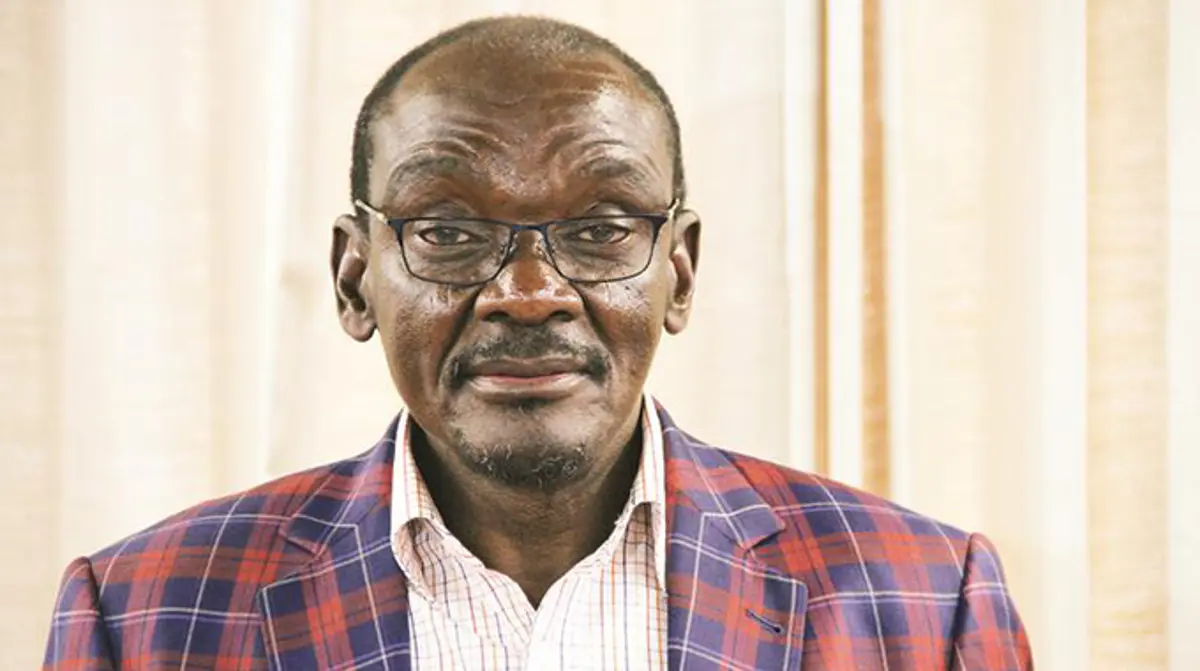
Kudakwashe Gwabanayi SOMETIME in 2020, former vice-president Kembo Mohadi said Zanu PF was failing to run the economy because the white man never imparted the knowledge to black people.
Whilst his utterances were met with outrage and mockery, the former VP could have given a hint on what is wrong with our economy, particularly in agriculture.
The Zimbabwean economic downturn worsened when the government decided to embark on a land reform exercise in 2000.
The land redistribution exercise was noble but was executed in a chaotic manner.
The displaced white commercial farmers did not leave a manual on how to successfully farm.
And 22 years on, the country is struggling to feed itself. Zimbabwe is now importing maize from Zambia and wheat from Russia, yet the country used to export such products.
We have better and improved seed varieties — hybrids and F1s — but we are getting less yields than farmers who would regrow their seed.
We now have advanced irrigation equipment — drips, rainmakers, centre pivots — but we are failing to get our crops to maturity. Yet in 1995, farmers using sprinklers got better results.
- Chamisa under fire over US$120K donation
- Mavhunga puts DeMbare into Chibuku quarterfinals
- Pension funds bet on Cabora Bassa oilfields
- Councils defy govt fire tender directive
Keep Reading
There are better transport systems in from of vehicles and combine harvester but we are still struggling to get to the market on time. Former white commercial farmers achieved better results using the train.
There is no doubt that there are trade secrets that the former commercial farmers did not share.
Of late, many new farmers have realised that most commercial farmers survived on exports of various crops including cabbages.
Whilst farmers would do crops such as maize/wheat and deliver to the Grain Marketing Board (GMB) at controlled prices, they would also do exportable crops which had a quick turnaround. These could be done throughout the year, thereby giving the farmers constant cashflow.
This is some information they hardly shared. The former commercial farmers kept the foreign markets secluded and only accessible to their kin.
There are so many other practices that white commercial farmers would do that newly resettled farmers are unaware of. Had there been proper literature on these practices, our distance to success in farming could have been shortened.
It is quite admissible that we are in a learning curve. But we don’t need to repeat the same mistake as we pass the baton to other generations. Even if we continue to fail we need to give the next generation of farmers a manual of how we were failing.
The government needs to increase literature on agriculture. This has to start from primary school where agriculture, being a key component of economic development, is given prominence.
There are schools that do not teach agriculture and this narrative must be corrected.
At tertiary education, agriculture needs to be prioritised just like English, Maths and Computers. That way, there will be more authors and researchers to tell a proper agriculture story.
Writers, poets and script writers need to chronicle the goings on at our farms to arouse a national debate. We need to take stock of where farmers are failing.
Currently, we have no database on how many tonnes the government used to feed the country with in the early years of independence.
What is available are government and media records, which are in most cases distorted to fit certain narratives for political expedience and for newspaper sales.
Developed countries are now focusing on conservation agriculture, conservation farming, eco-agriculture and many other new ways of farming that bring high productivity. We are still to strike the right chord on this front.
There is need to stop this wild goose chase by writing our farming journey and chronicling every tale whether good or bad. That is the only way we can improve.
- Gwabanayi is a practising journalist and a farmer in his own right. — 0772 865 703 or [email protected]

